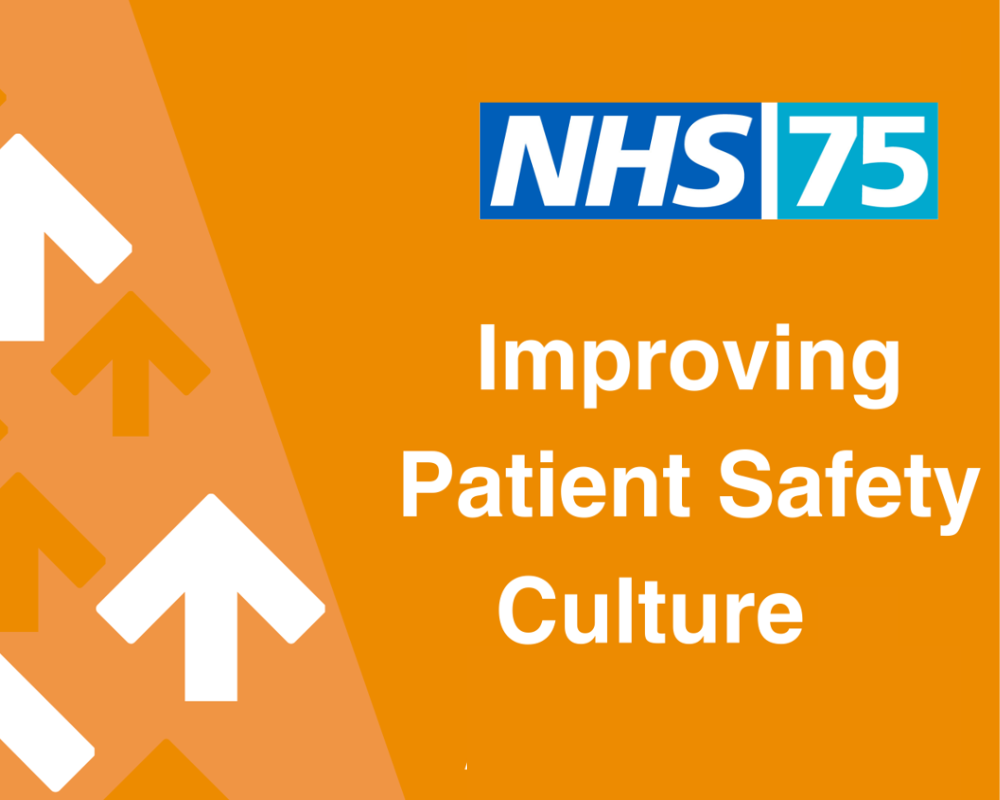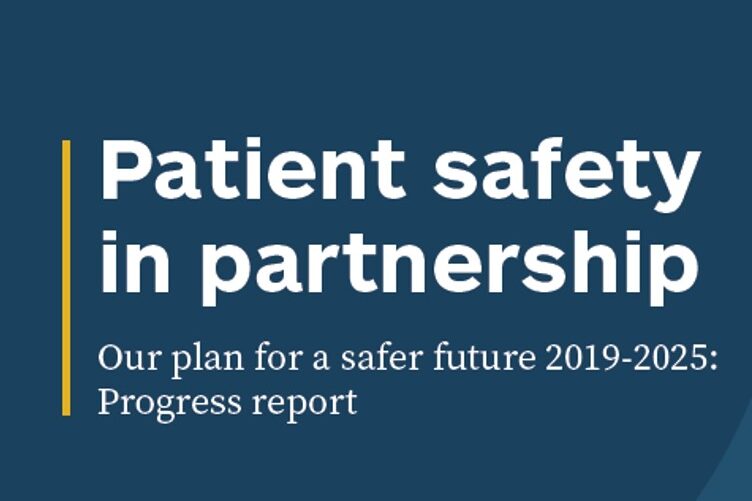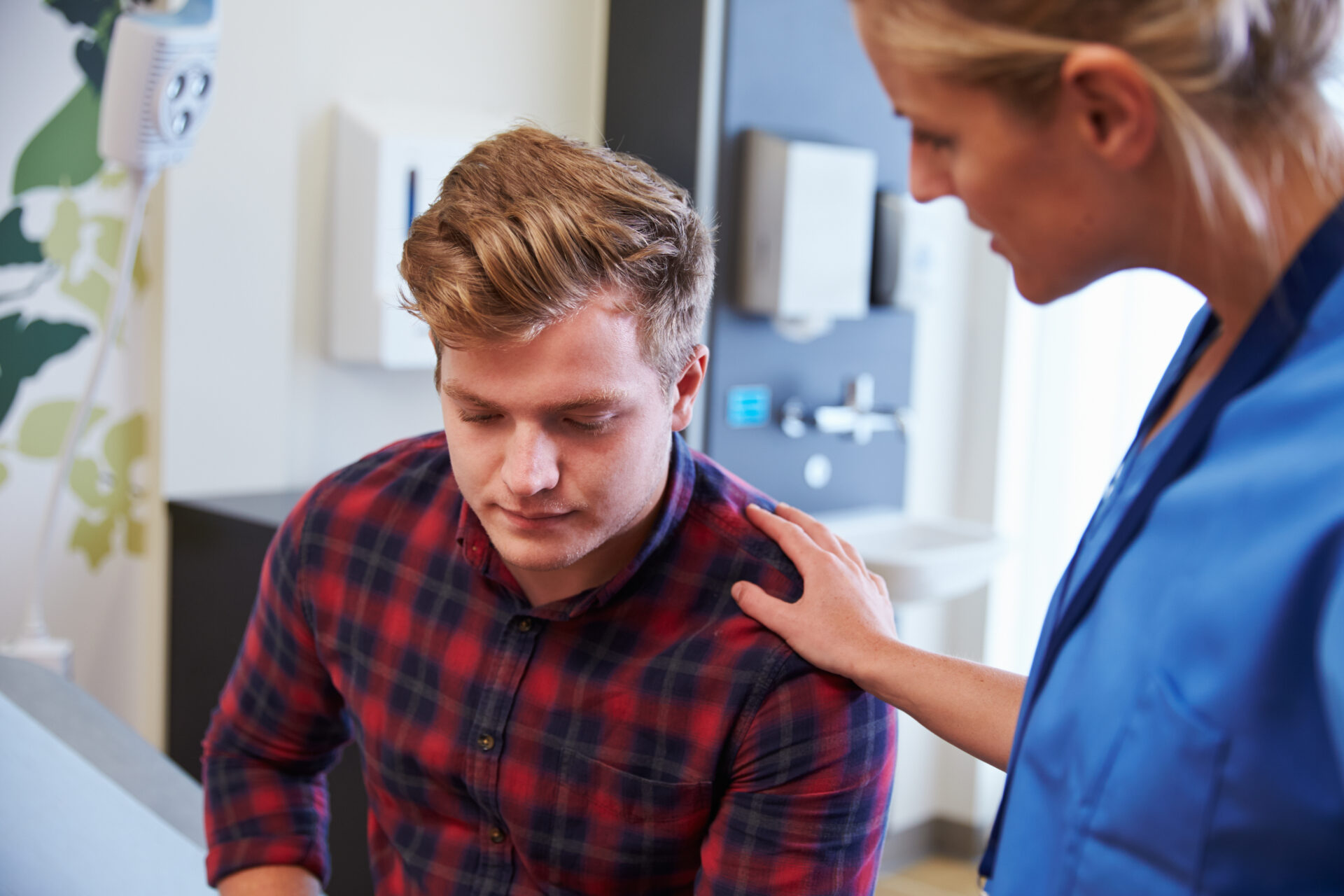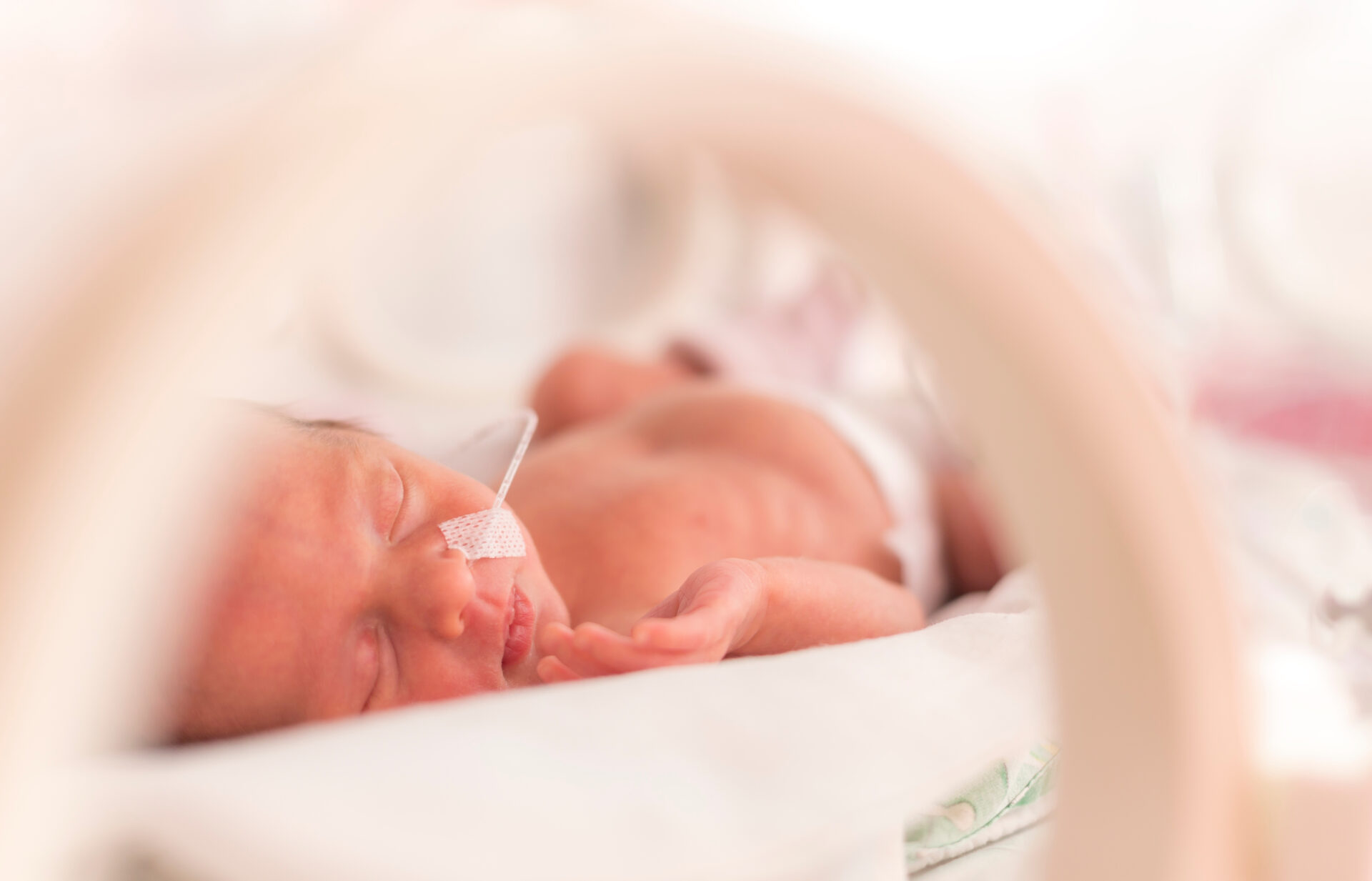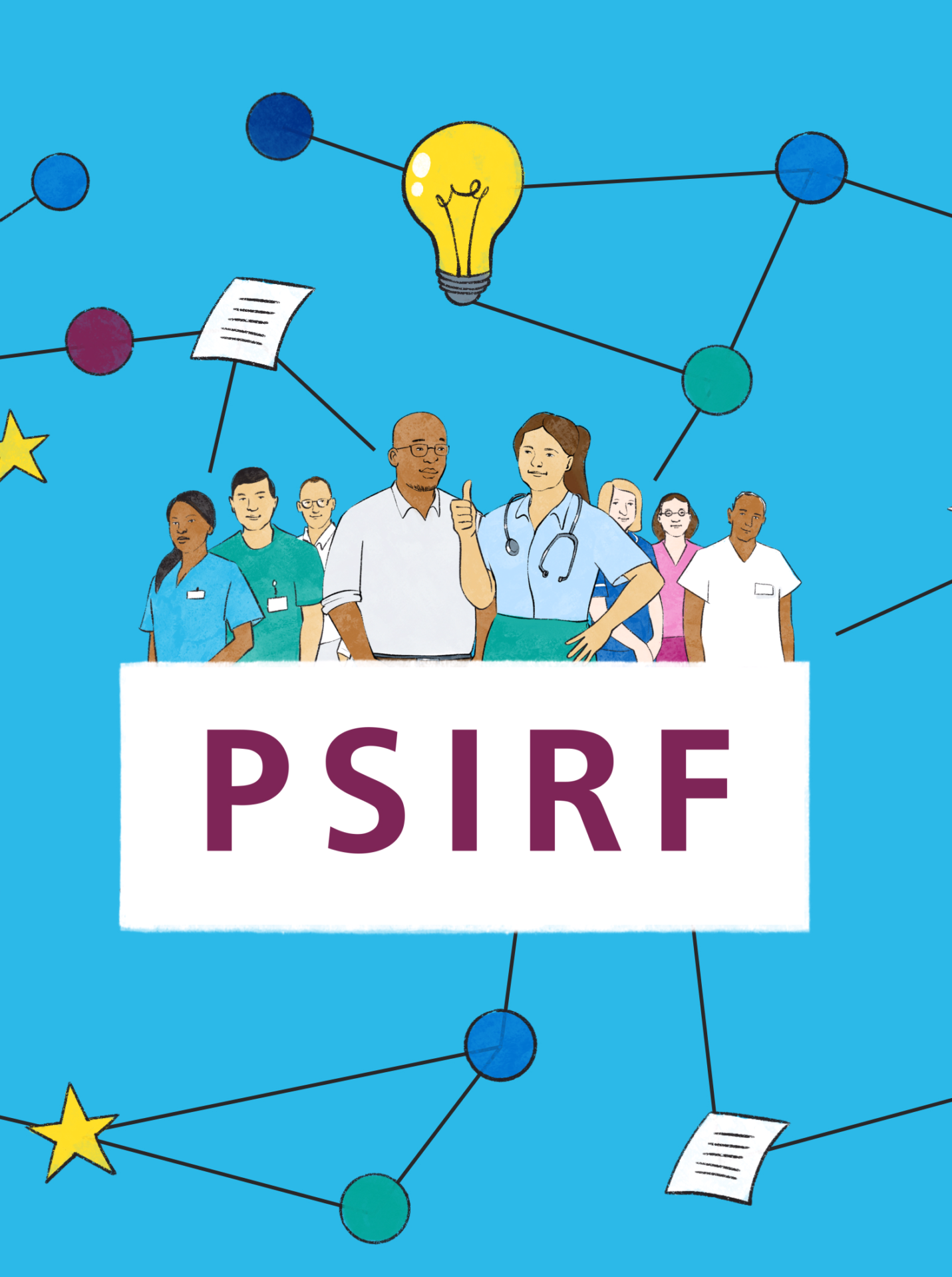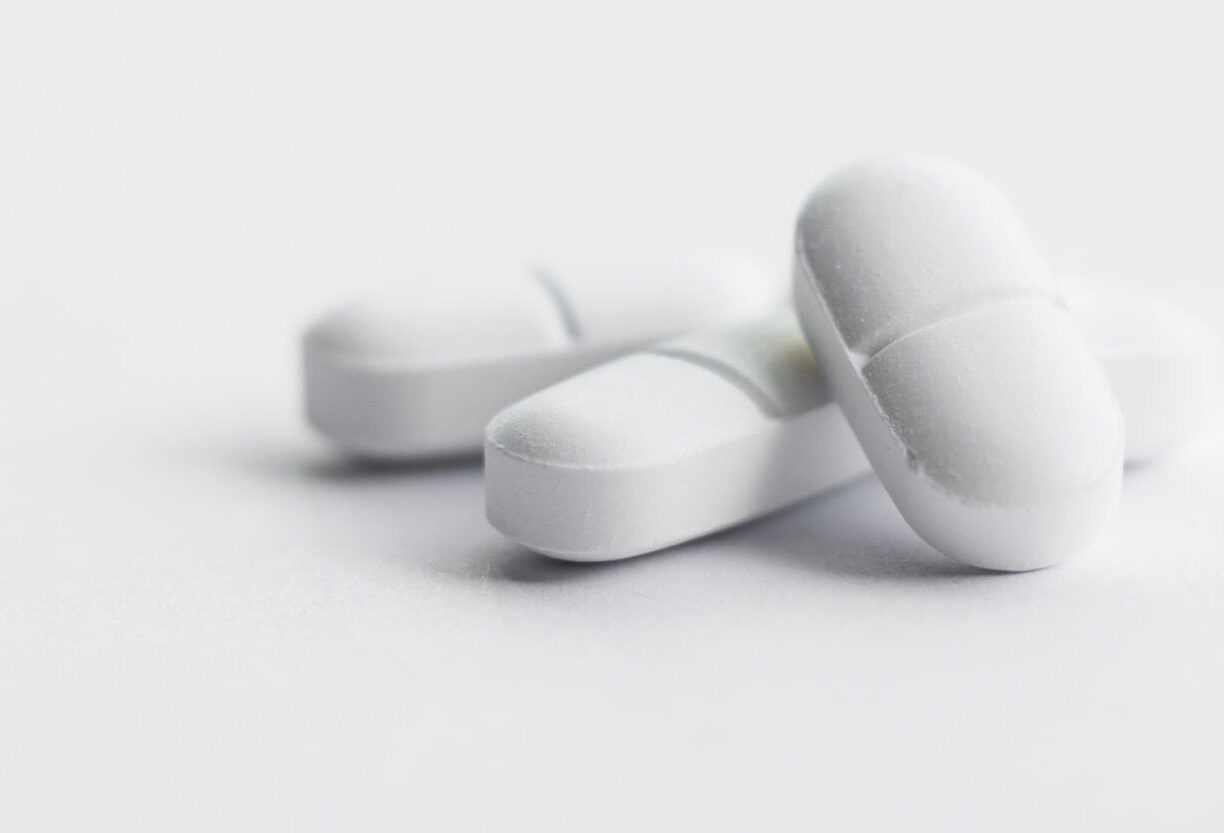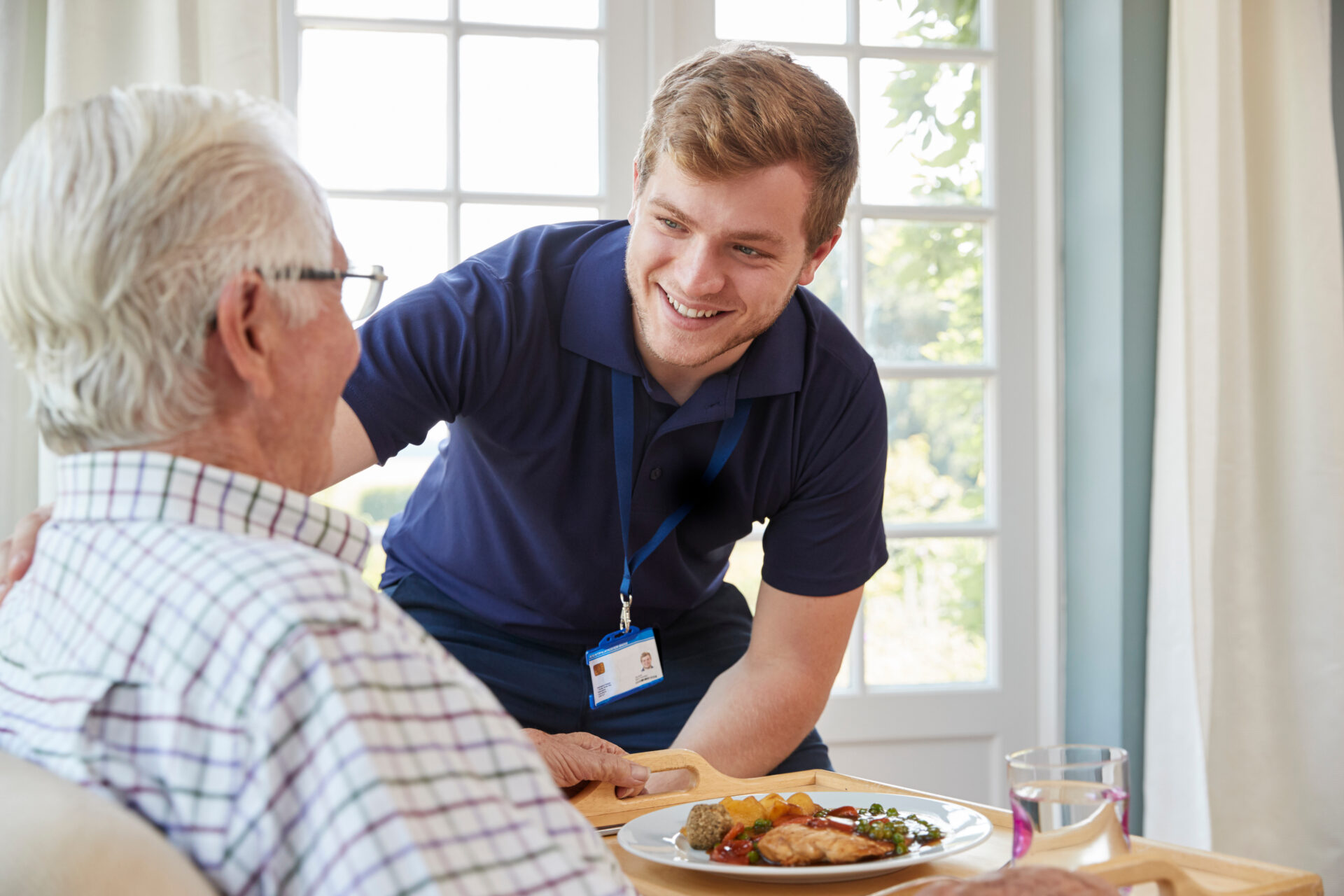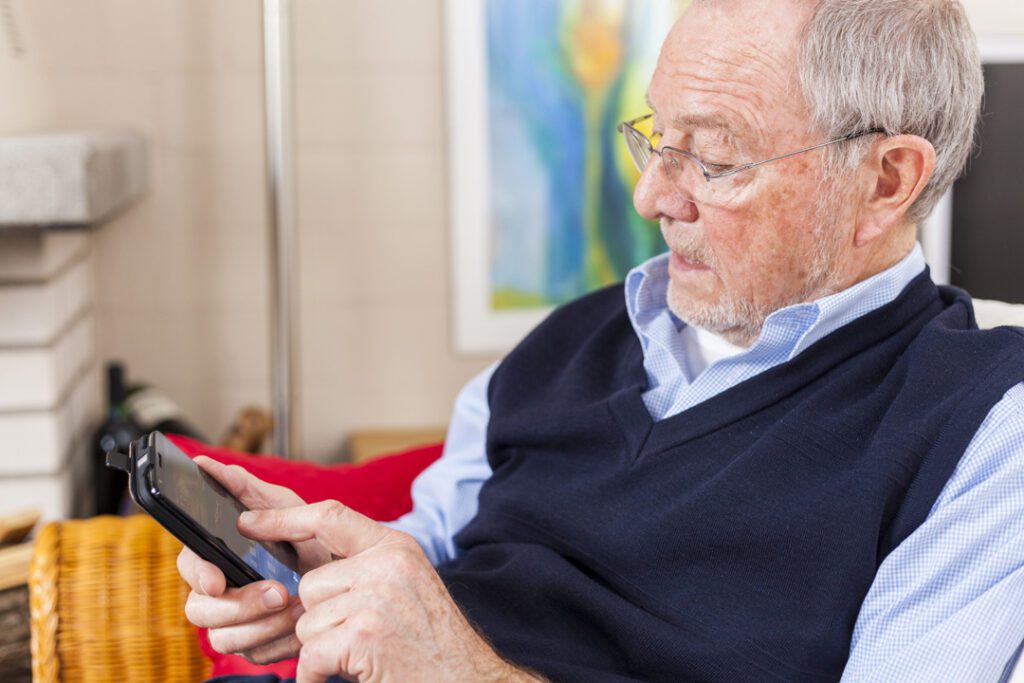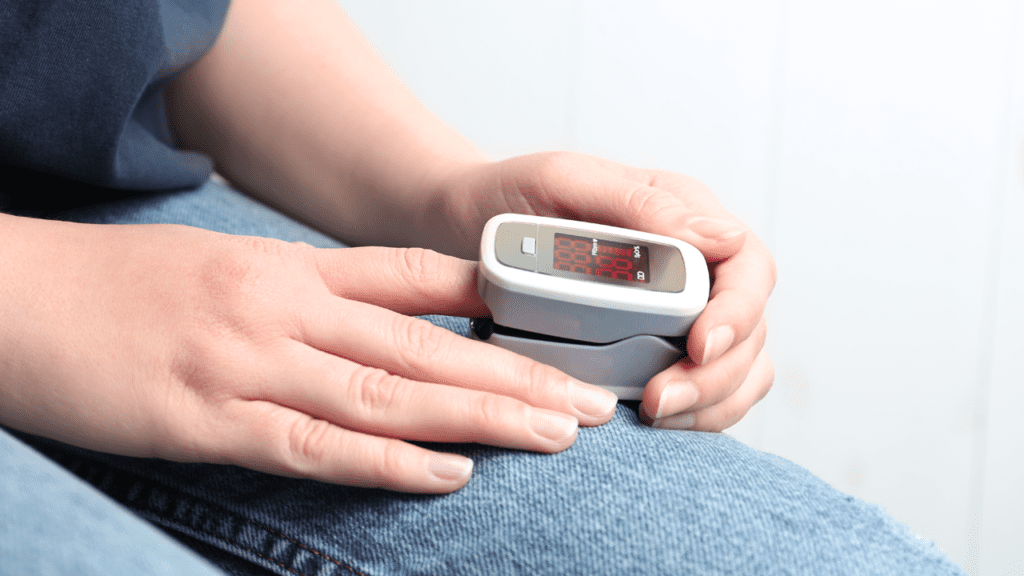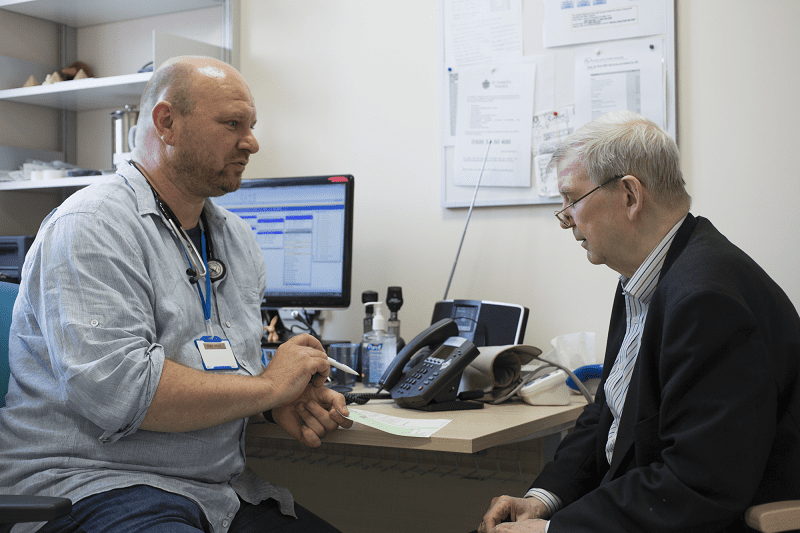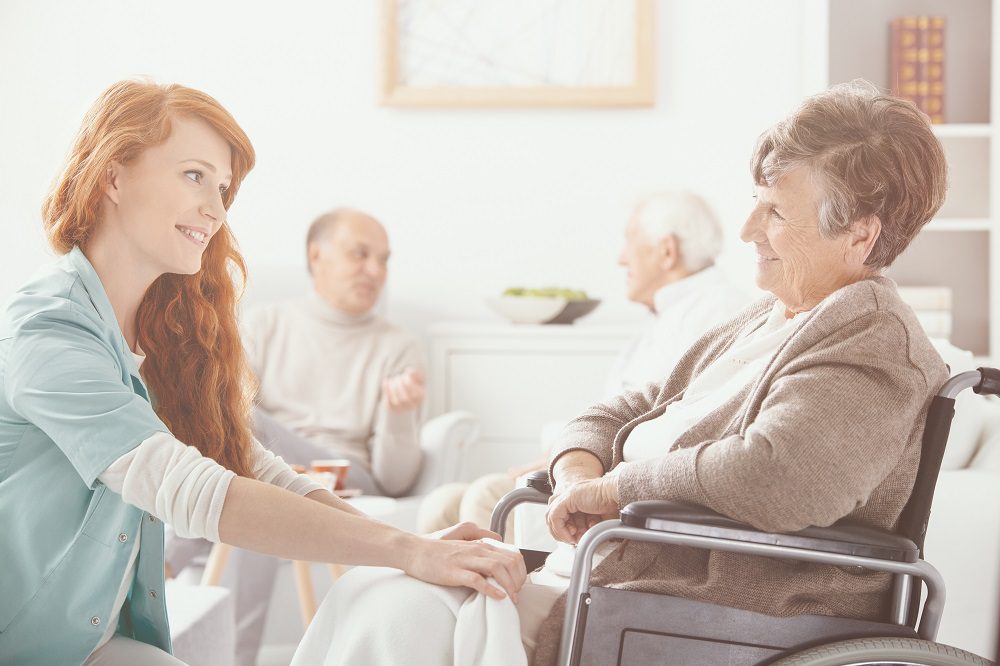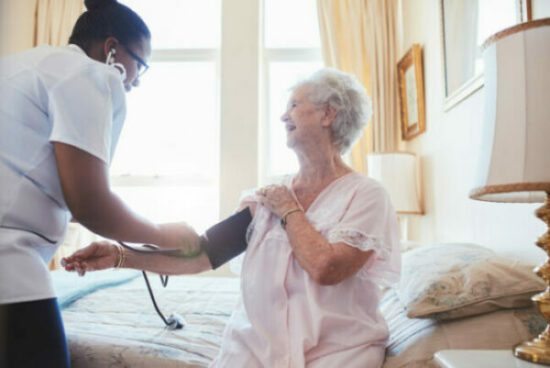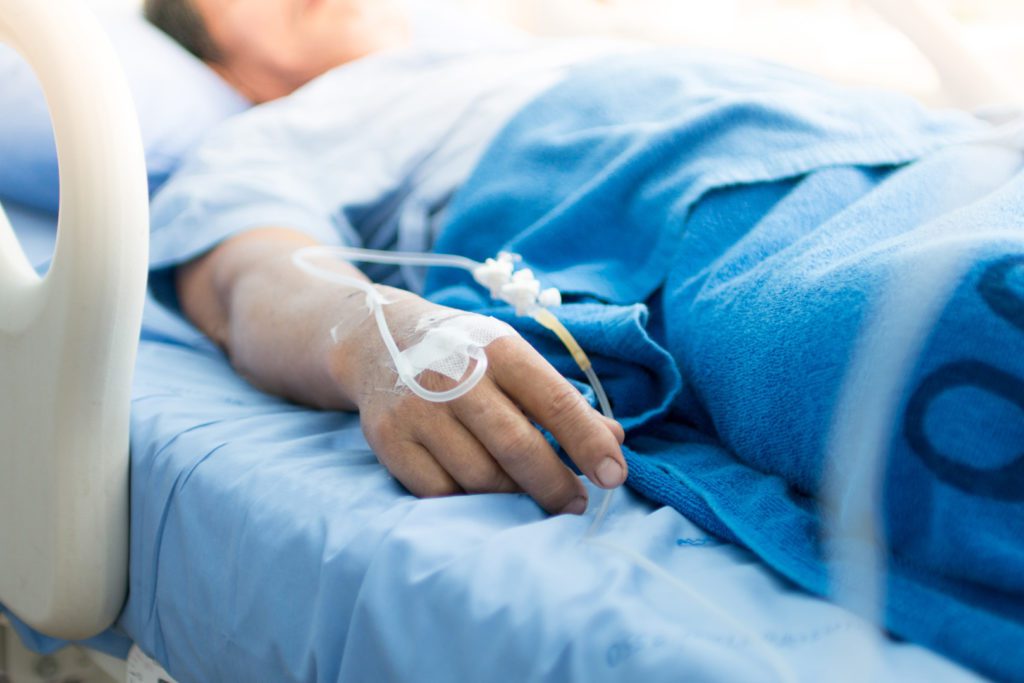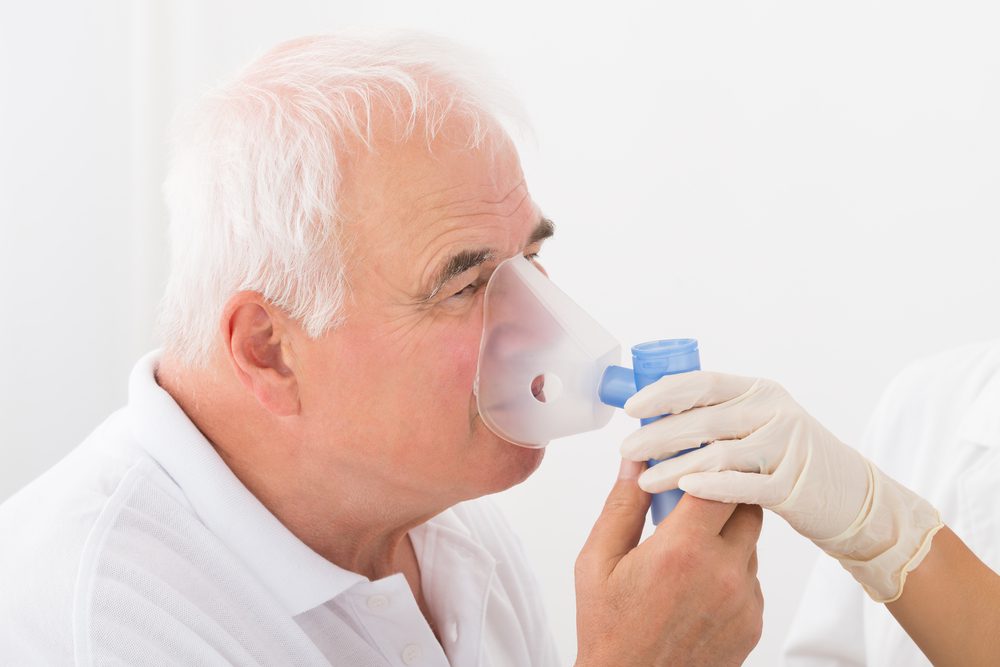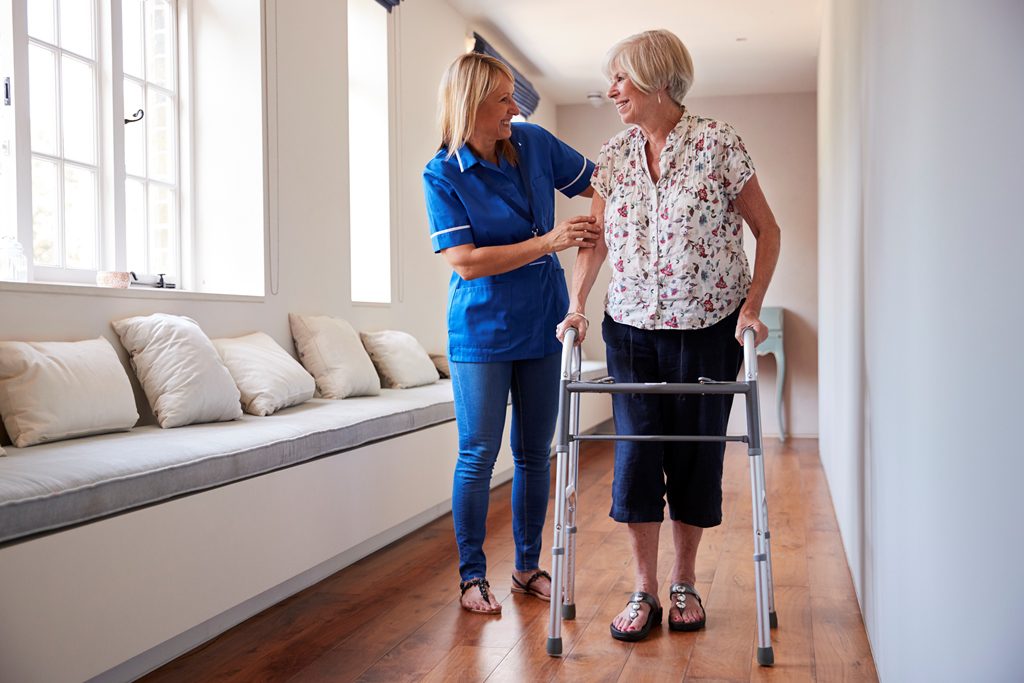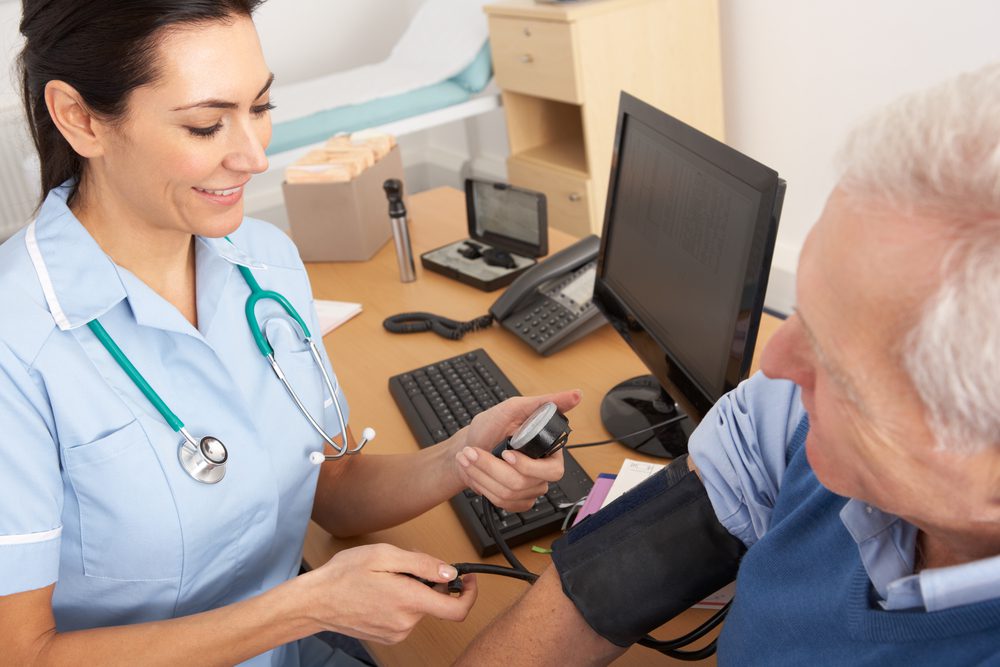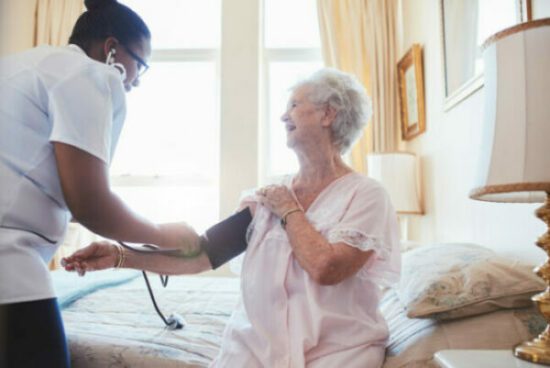
The AHSN Network is thrilled to see ‘Improving Patient Safety Culture – a practical guide’ released by NHS England this week. The new guide, developed by NHS England in association with the AHSN Patient Safety Collaboratives, supports teams to understand their culture and how to approach improving it. It is intended to be used across [...]

The AHSN Network is thrilled to see ‘Improving Patient Safety Culture – a practical guide’ released by NHS England this week. The new guide, developed by NHS England in association with the AHSN Patient Safety Collaboratives, supports teams to understand their culture and how to approach improving it. It is intended to be used across [...]

The AHSN Network has released an update to its patient safety plan, which reflects progress made across focus areas including managing deterioration in care homes; maternity and neonatal health; medicines safety; mental health; and system safety. The report, "Patient safety in partnership. Our plan for a safer future 2019-2025: Progress report," highlights the programmes and [...]
Reflections from our Chair We are pleased to be able to support the NHS Patient Safety Strategy and contribute to the ambition of saving lives and money. Our work across the AHSN Network is wider than the delivery of the National Patient Safety Improvement Programmes and, in alignment with our AHSN Network strategy, will mean [...]

The Patient Safety Collaboratives (PSCs) have been working to deliver a programme aimed at reducing restrictive practice in mental health in-patient settings. Work is underway with 14% of all NHS mental health, learning disability and autism wards across England, which equates to 172 wards. Reductions in restrictive practice use in now being seen in a [...]

The AHSN Network is celebrating the five-year anniversary of magnesium sulphate being introduced to reduce the incidence of brain injury and cerebral palsy in preterm infants. Thanks to the continued commitment of every perinatal team in England, more than 16,000 preterm babies and their families have benefitted. Patient Safety Collaboratives (PSCs), commissioned by NHS England [...]

Dr Cheryl Crocker, AHSN Network Patient Safety Director, discusses how Patient Safety Collaboratives (hosted by the AHSN Network) are supporting ICSs and ICBs in preparations to implement the Patient Safety Incident Response Framework. NHS England published the new Patient Safety Incident Response Framework (PSIRF) in August 2022 outlining how NHS organisations should respond to [...]

A blog from Dr Cheryl Crocker, AHSN Network Patient Safety Director, describing how Patient Safety Collaboratives (hosted by the AHSN Network) are supporting people to manage their long-term pain and reduce the harmful effects of opioid medication. Opioids are highly effective medications and, when used judiciously for a time-limited period, can greatly benefit many [...]

Patient Safety Collaboratives (PSCs) have engaged nearly 11,000 care homes over the last two years, in an NHS England commissioned programme designed to help support care homes in managing deterioration. Their role is to support care homes in adopting tools that help staff to identify the early signs of physical deterioration in residents. Over 7,000 [...]

It is an unacceptable fact that black and Asian women and people who give birth are more likely than those who are white to die during birth or the following year. More specifically, black women are four times more likely to die during pregnancy or postnatally than white women. In comparison, Asian women are twice [...]

It was World Patient Safety Day on Saturday 17 September, and this year the World Health Organisation (WHO) is focusing on medication safety. This is a welcome theme for the AHSN Network and the Patient Safety Collaboratives (PSCs) we host as improving medication safety is a key objective in our Patient Safety Plan, which we [...]
The AHSN Network is making great strides in delivering the objectives set out in the NHS Patient Safety Strategy. It has released a midpoint update to its patient safety plan, which shows the positive impact being made across focus areas including maternity and neonatal care, mental health, and care homes. The Patient safety in partnership. [...]
The Academic Health Science Network (AHSN Network) and Health Education England have published a report focusing on how patients and families are supported around the time of death, and examples of good practice from healthcare organisations across England. Learning from staff reflections: supporting people at end of life is the result of a project commissioned [...]

Professor Bee Wee CBE is the National Clinical Director for End of Life Care at NHS England and NHS Improvement. She is Consultant in Palliative Medicine at Sobell House and Katharine House Hospice, Oxford University Hospitals NHS Foundation Trust and Associate Professor at University of Oxford, where she is also a Fellow of Harris Manchester [...]
As living and working during the pandemic becomes the norm, the AHSN Network has published a collection of wellbeing resources to help with your physical and mental wellbeing and that of your teams. The resource pack is full of advice, tips and fun exercises anyone can try. Featuring a curated selection of resources from AHSN [...]

The AHSN Network is supporting healthcare systems to prepare for the expansion of virtual wards across England, a way of helping people to safely manage their care at home, rather than in hospital. Virtual wards may make use of remote monitoring technology and apps, alongside care from community-based teams. The AHSN Network is working with [...]

The AHSN Network celebrated a win at the prestigious HSJ Awards ceremony in London on 18 November. The AHSN Network was successful in the patient safety category for the significant support Patient Safety Collaboratives and AHSNs provided to implement COVID Oximetry @home and virtual wards. The programme was delivered in partnership with NHS England and [...]
A report has been published that summarises the work carried out by Patient Safety Collaboratives (PSCs) in 2020 and early 2021 to support the national response to the COVID-19 pandemic. COVID-19 patient safety response looks at the roll-out of two patient self-monitoring pathways, COVID Oximetry @home and COVID virtual wards, both designed to allow vulnerable [...]
The AHSN Network has partnered with the South Asian Health Foundation to set up a series of webinars to support learning and exchange opportunities with clinicians from the UK and India on COVID-19. You can find all the webinars on this AHSN Network YouTube playlist or follow these individual links: Wednesday 5 May: Remote monitoring [...]
This webinar highlighted the association between oxygen saturations and COVID-19 which underpins the need for the COVID Oximetry @home pathway. Hosted by the Royal College of General Practitioners and the Academic Health Science Network (AHSN Network), it shared a collaborative approach to monitor and manage patients at risk of sudden deterioration. The session was chaired [...]
A rapid-learning report on the role of Patient Safety Collaboratives (PSCs) during the pandemic has been published by the AHSN Network. PSCs are just one part of the health and care system which responded quickly to the immediate crisis from COVID-19 in March. They reprioritised their day-to-day work and took on new programmes at speed, [...]
This webinar on Thursday 9 July, 1-2pm was jointly presented by the Royal College of General Practitioners (RCGP), the Royal College of Paediatrics and Child Health (RCPCH) and the Academic Health Science Network. Chaired by Dr Jonathan Leach OBE, RCGP Hon Sec and COVID lead, with Dr Mike Linney, Paediatrican and Registrar of the RCPCH, [...]
A toolkit for healthcare staff has been published by the National Tracheostomy Safety Project (NTSP) in collaboration with the AHSN Network and the National Patient Safety Improvement Programmes in response to the COVID-19 pandemic, to support healthcare staff who are looking after patients with tracheostomies. The number of patients requiring relatively prolonged ventilatory support in [...]

Detecting the early signs of deterioration in patients with confirmed or suspected COVID-19 is a significant challenge for health and social care teams. As patients at risk of poorer outcomes can be identified by reduced oxygen saturation levels, the ability to recognise early decreases in blood oxygen levels before the patient becomes symptomatic is [...]

Patient Safety Collaboratives (PSCs) identify and spread safer care initiatives in their local health and care systems. As part of our response to the COVID-19 pandemic, here are some information and resources to support people working in primary care. Go back to patient safety during COVID-19. Pulse oximetry and remote monitoring guidance COVID virtual ward [...]

Patient Safety Collaboratives (PSCs) identify and spread safer care initiatives in their local health and care systems. As part of our response to the COVID-19 pandemic, here are some information and resources to support staff in care homes. Go back to patient safety during COVID-19. Spotting serious illness and sepsis Some people are more at [...]

If you work in a residential care home, or are a professional or family carer supporting someone in their own home, there are many tools available help you recognise physical deterioration and take the appropriate actions. You can read an overview of spotting serious illness and sepsis. These films explain the soft signs of deterioration [...]

The National Early Warning Score (NEWS) is used by GPs, all ambulance services and most acute hospital trusts to check patients who may be at increasing risk of deterioration or developing sepsis. You can read an overview of spotting serious illness and sepsis. How NEWS works NEWS has been created by the Royal College of [...]
This webinar on Wednesday 27 May 2020 shared examples of current good practice and collaboration between primary care and care homes, including resources to support virtual ward rounds. Chaired by Dr Jonathan Leach OBE, RCGP Hon Sec and COVID lead, with Anita Astle MBE, Managing Director of Wren Hall Nursing Home in Nottingham, and Dr [...]
The assessment of patients who are unwell with COVID-19 or other causes presents a significant challenge for GPs and clinicians working in primary care. The Royal College of General Practitioners (RCGP) and the AHSN Network held a joint webinar looking at the role of oximetry and other physiology in that assessment on Wednesday 29 April [...]

People with chronic obstructive pulmonary disease (COPD) are at increased risk from coronavirus. The British Thoracic Society (BTS) has developed COPD admission and discharge care bundles with the aim of improving care, helping patients manage their condition at home, and reducing readmissions. Acute hospital trusts are being encouraged to deliver all appropriate elements of the [...]

Patient Safety Collaboratives and the Academic Health Science Networks which host them, are supporting their local health and care systems during the response to the COVID-19 outbreak in hospitals, care homes and the community. There are resources available here for people working in: Care homes Primary care Hospitals, mental health and community services The AHSN Network [...]

The National Early Warning Score (NEWS) is associated with a reduction in mortality in those patients admitted with a possible diagnosis of sepsis without increasing the overall number of admissions, according to a paper published today in the British Journal of General Practice (BJGP). Alison Tavaré, one of the paper’s authors has also written a [...]
Health Education England has published a set of materials and films which aim to support staff through difficult conversations arising from the COVID-19 outbreak. The AHSN Network was part of a small group of people that helped pull this resource together in less than two weeks. The framework includes posters and films based on the [...]

Some people are more at risk than others of becoming unwell very quickly and developing a serious illness such as sepsis. This is known as ‘deterioration’ and it is important that anyone who cares for individuals who are at risk of deterioration knows how to spot the signs, especially during the current COVID-19 outbreak. This [...]

Wessex and the West of England Academic Health Science Networks (AHSNs) and West Hampshire CCG, funded by Health Education England, have collaborated to produce a series of free videos and e-learning materials to support staff working in care homes to care for residents who are at risk of deterioration. As recognised in a recent paper [...]


